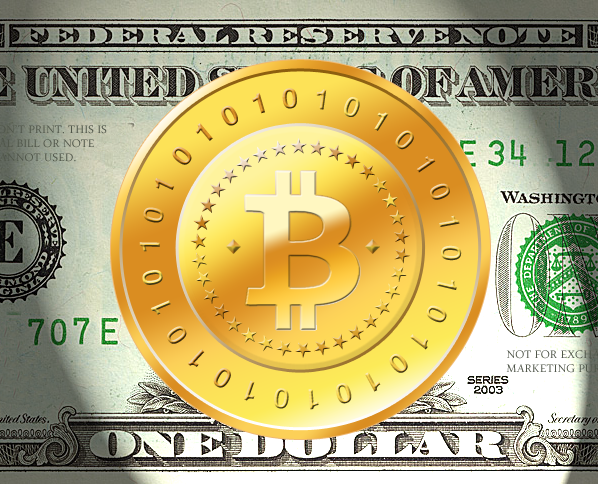 NEWS
NEWS
 NEWS
NEWS
 NEWS
NEWS
A judge has dismissed charges in a Miami money laundering case on the basis that under Florida law bitcoin cannot be considered money.
The ruling came in the case of Michell Espinoza, who was accused of illegally selling and laundering $1,500 worth of bitcoins to undercover detectives who claimed they wanted to use them to buy stolen credit card numbers.
As we reported in May, the defense argued that the charge was not valid as bitcoin is not a real currency, and had an expert testify that bitcoin was more akin to poker chips, that no central bank backs bitcoin, and that bitcoin’s worth was similar to how collectors assign values to baseball cards or comic books.
As it turned out, the judge agreed.
“This Court is not an expert in economics, however, it is very clear, even to someone with limited knowledge in the area, that Bitcoin has a long way to go before it is the equivalent of money,” the Miami-Dade Circuit judge Teresa Mary Pooler said in her ruling.
“While Bitcoin can be exchanged for items of value, they are not a commonly used means of exchange … Bitcoin is a decentralized system. It does not have any central authority, such as a central reserve, and Bitcoins are not backed by anything. They are certainly not tangible wealth and cannot be hidden under a mattress like cash and gold bars.”
“This court is unwilling to punish a man for selling his property to another, when his actions fall under a statute that is so vaguely written that even legal professionals have difficulty finding a singular meaning,” she added.
Espinoza’s attorney, Rene Palomino, praised the verdict, saying that the order was “beautifully written” before adding that the ruling “gives the bitcoin community some guidance that what my client did was not illegal … what he basically did was sell his own personal property. Michell Espinoza did not violate the law, plain and simple.”
While the ruling only applies in Florida, the result itself has delivered case law that can be considered in other jurisdictions when considering similar cases, and also confirms that bitcoin is different to fiat currency.
The idea that bitcoin isn’t a currency isn’t a new idea either: the Commodity Futures Trading Commission has previously asserted that bitcoin isn’t currency but should be defined as commodities like gold and silver and the Internal Revenue Service said bitcoin should be treated as property for federal tax purposes.
Prosecutors in the case slammed the ruling and said they would consider lodging an appeal.
THANK YOU